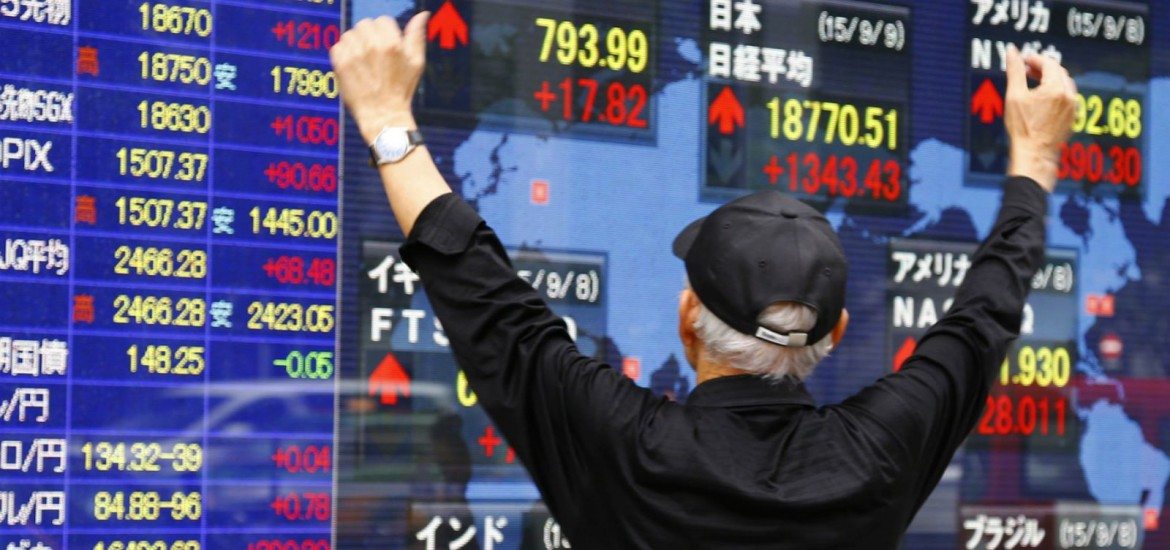
As the month of February came to a close, the Japanese stocks dropped as the Yen gained against the dollar and the investors were also worried about the constant falls in the Chinese shares market. In the last day of February, trading was quite choppy, and the Nikkei share average ended 1.0 percent lower. Moreover, the benchmark index lost up to 1.7% after China’s Shanghai Composite Index posted losses.
Nikkei falls on strong yen; China worry; posts 8.5 pct decline on month representing the biggest loss since May 2012 and a third straight monthly decline. The economic slowdown in Chine has affected a majority of the Asian stock markets with investors uncertain about the directions these markets will take in future. So far in 2016, Japanese stocks have depreciated by 21% because investors are abandoning equities and turning to safer assets like government bonds, gold, and the Japanese Yen.
The Japanese Yen
The gain in the Japanese currency has resulted in a weaker stock market. Ever since economic slowdown started China, the demand for consumer goods specifically crude oil declined. This phenomenon raised great fear and uncertainties in the equity markets around the world making investors turn to the ‘havens’ in the market. The Yen has been performing strongly against other currencies, and its strength is boosted by increased demand for the currency.
Additionally, the stronger yen projects bad news for global companies because it will reduce profits for corporations that earn a significant portion of revenue from overseas markets. The Japanese Government is striving relentlessly to reassure all investors that the Japanese economy is on the right track. However, those government efforts may prove futile with China posting negative data month after month.
Bank of Japan’s decision to introduce negative interest rate has made investors believe that the economy is performing dismally. This move in January though meant for the stabilization of the markets has affected the stock markets negatively. The dropping commodity price that is affecting Japanese exporters and China’s slowdown are the primary factors influencing the sentiments of investors in the Japanese market.
Currently, increased demand on the Yen as a haven currency makes it the world’s best-performing major currency. Even though People’s Bank of China has cut the amount of cash the Chinese lenders must lock away, the Yen continues its bullish trend supported further by a decline in the US stocks. The increased strength of the Yen also arises from the decision made by Japanese government not to sell the Yen in February though the currency had its best month versus the dollar since the 2008/09 global financial crisis.
The future of the Nikkei will continue to stumble until the Chinese economy stabilizes. Moreover, the Japanese stock market depends indirectly on the stabilization of the oil prices. Once the oil prices stabilize, the demand for the Yen as a market Haven will decrease hence decreasing its strength significantly. Therefore, the future of the Nikkei is uncertain to some extent as the oil producing and exporting nations are involved in a tag of war on policy making strategies.
